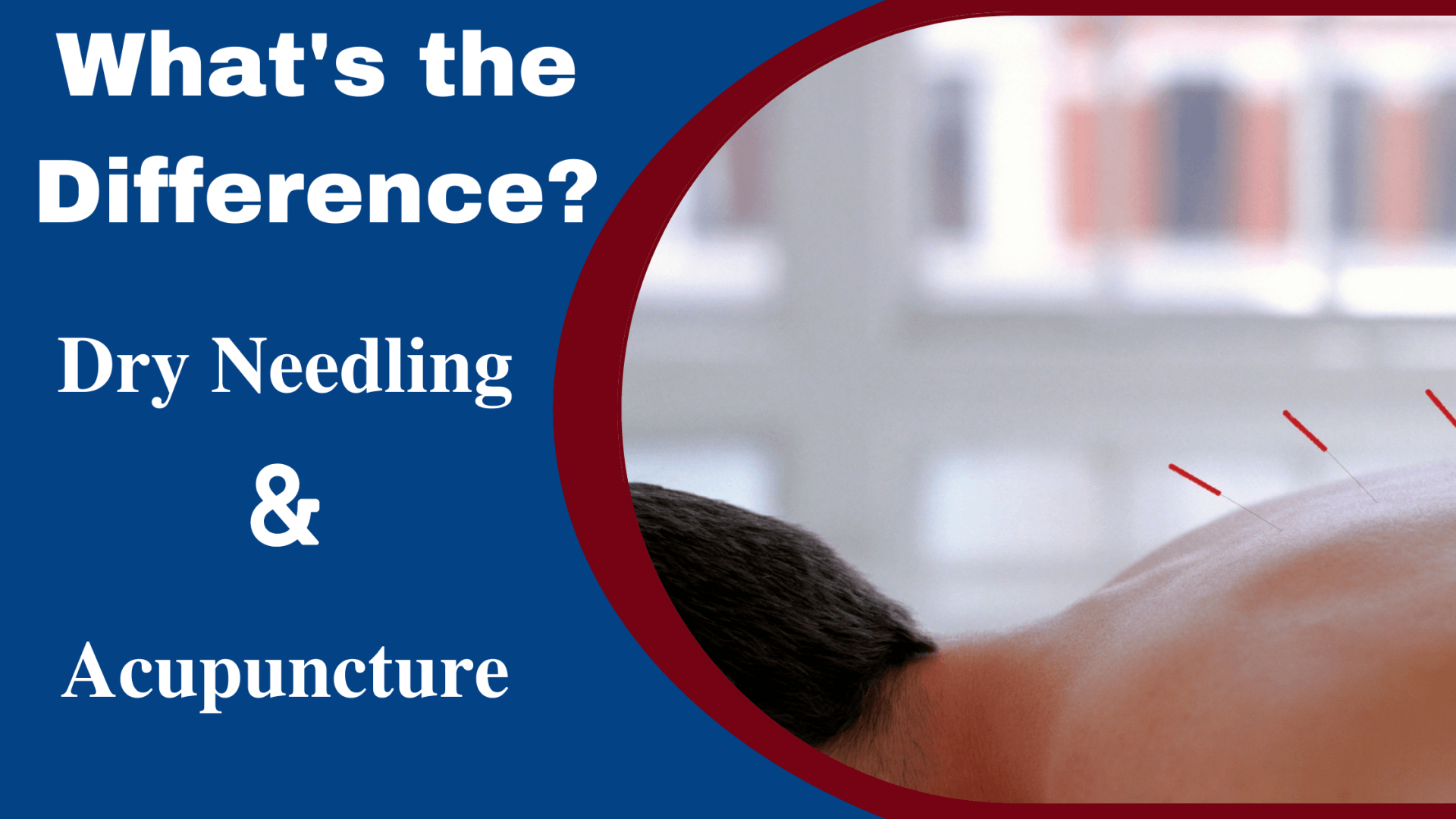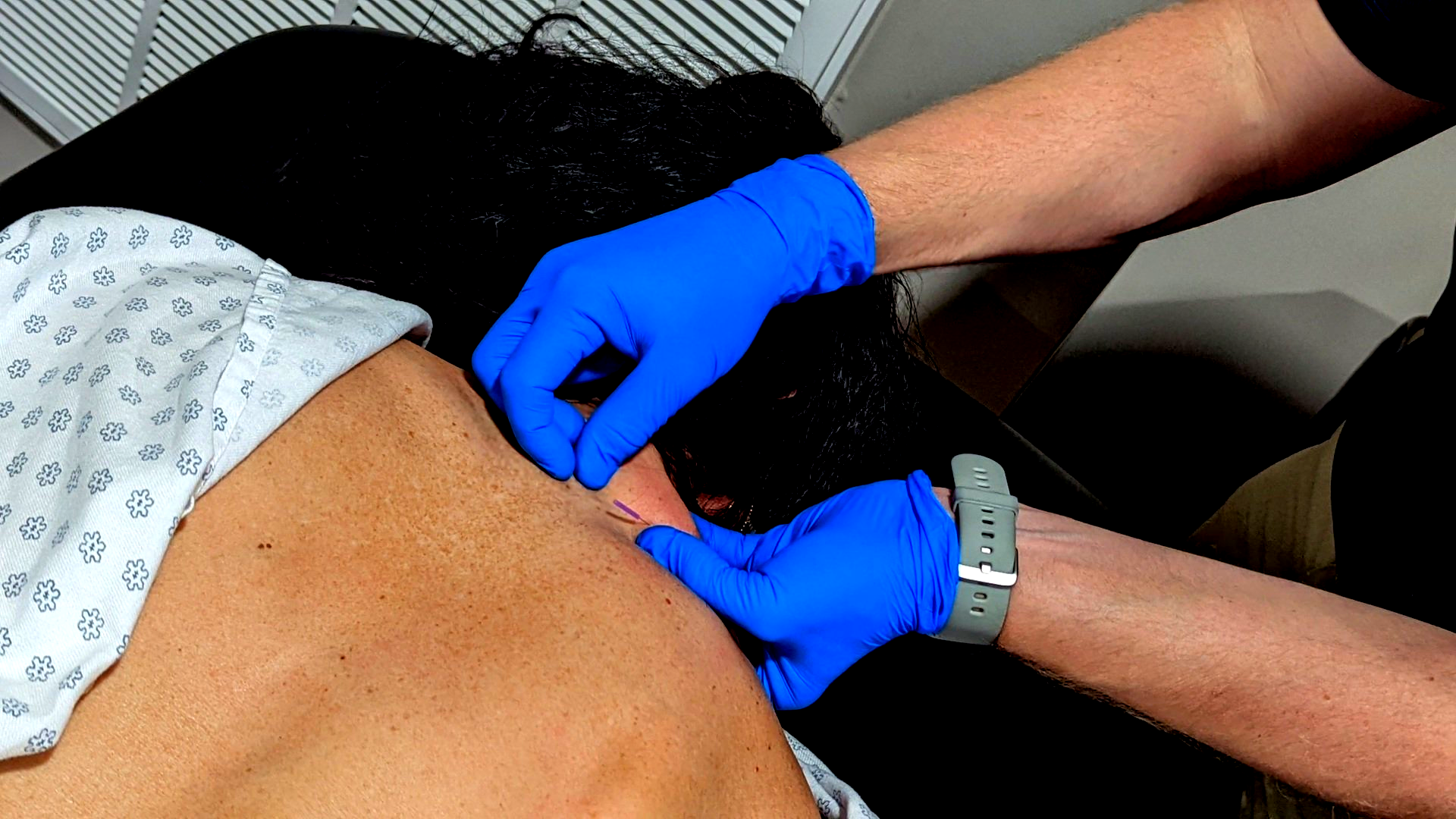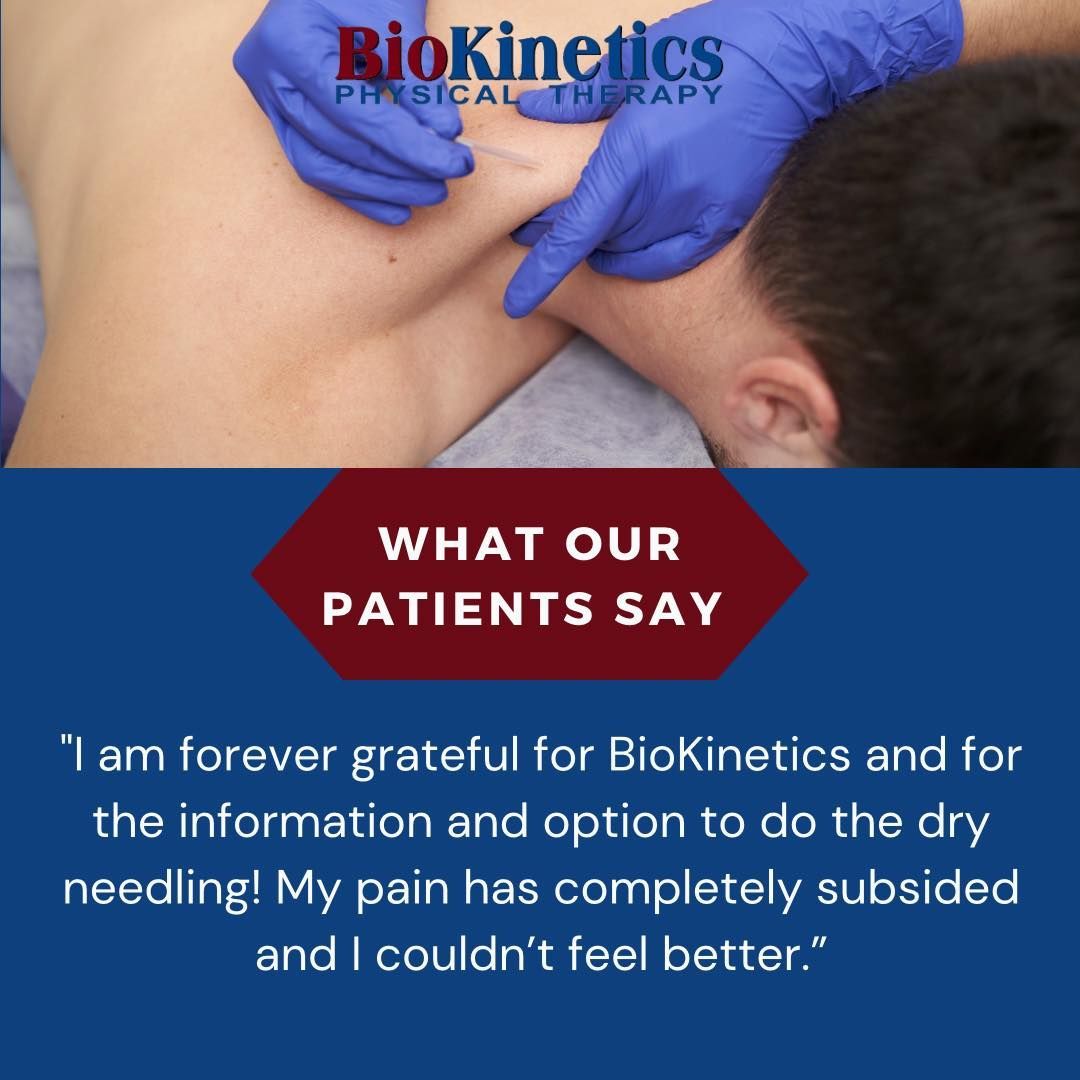What's the Difference? (Dry Needling & Acupuncture)

Dry needling has become a popular treatment among physical therapists and their patients, but is it any different than acupuncture? Yes. The use of a monofilament needle is where the similarities end between the two treatments. Practitioners, insurance reimbursement, the purpose, and the medicinal approaches are all different.
Dry needling can only be preformed by a licensed physical therapist certified in dry needling. Acupuncture can be preformed by anyone that has been certified and passed an exam conducted by National Certification Commission for Acupuncture and Oriental Medicine. Although dry needling has been researched to show improvements in musculoskeletal issues, most insurance companies do not pay for dry needling. Many insurances follow medicare guidelines and medicare guidelines state they will not reimburse for dry needling. Medicare does reimburses for acupuncture but only acupuncture of the low back.
The purpose of dry needling is to relieve musculoskeletal pain by releasing trigger points. A trigger point is a tight band in a muscle fiber that increases pain and can decrease range of motion. A certified physical therapist will take the needle and insert it into a trigger point in the specified pain region. The muscle fiber will be stimulated and start to relax, this increases blood flow which will help decrease pain. Acupuncture is used to balance the flow of energy or chi. Needles are placed along the meridians (pathways) of your body to help rebalance you. This rebalance is thought to help relieve discomfort from a variety of diseases.
As stated above dry needling deals with musculoskeletal conditions and acupuncture deals with the bodies chi. Acupuncture is rooted in an Eastern medicine approach where the whole body is looked at to solve the imbalance of the patients pain. Dry needling takes on a Western medicine approach by evaluating the patient, listening to their symptoms, and creating a specific treatment plan for that region of pain.
If you are dealing with musculoskeletal pain and would like to know if dry needling can help you please click here.






